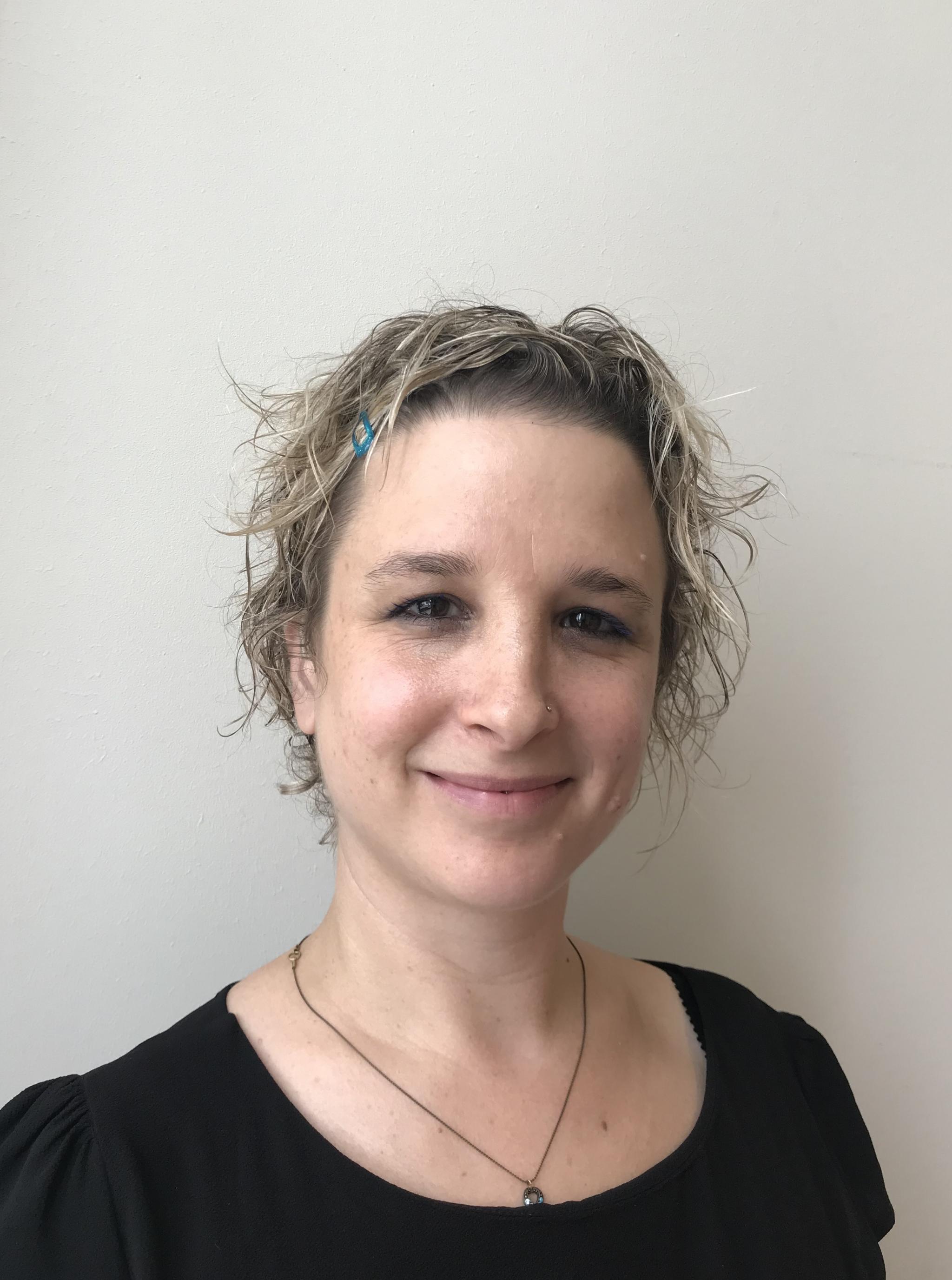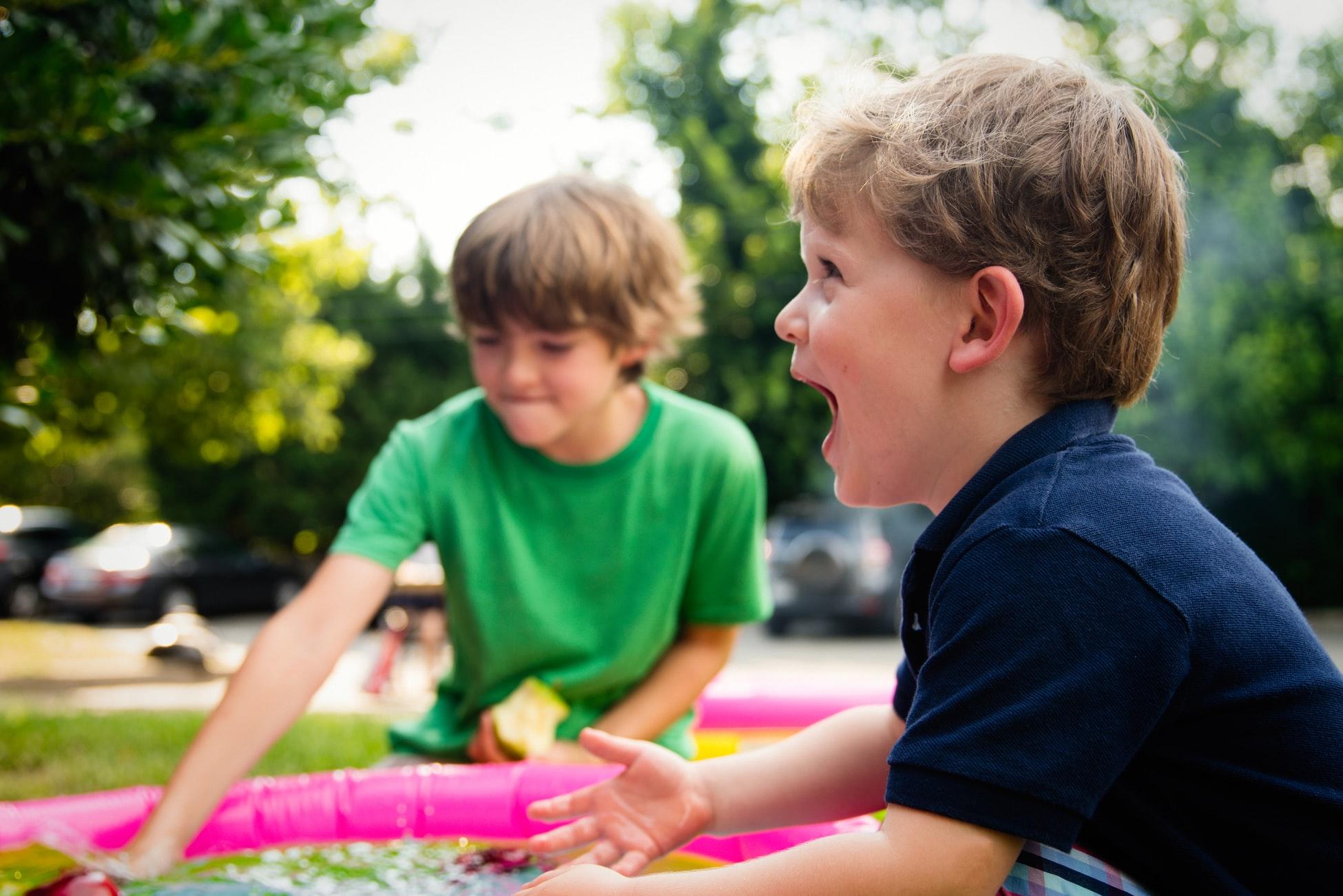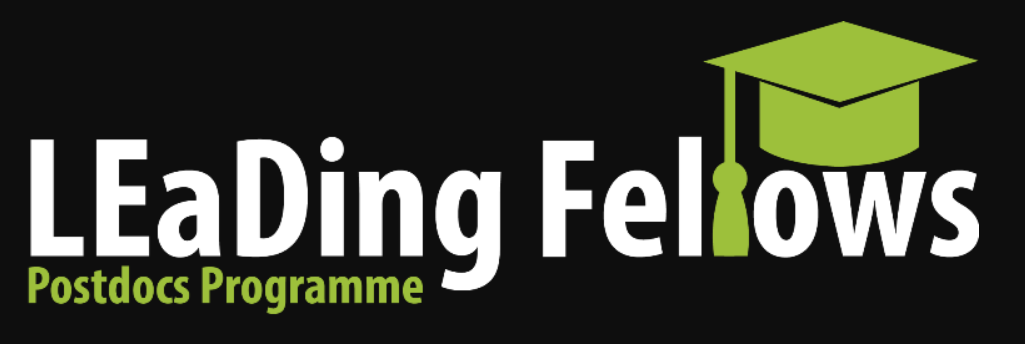Inclusive Social Development
Schools are stepping stones for growth. A school facilitates learning beyond traditional lessons from books and gives children tools in social and emotional development. How can schools create inclusive environments to adapt to different needs?

The "Focus on Emotions" lab explores the emotional and social development of children with communication difficulties, such as children with deafness, autism, or language impairments. Dr Adva Eichengreen is hosted by the lab as part of the Leiden-Delft-Erasmus affiliated Leading Fellows Postdoc programme. She works alongside Prof. Carolien Rieffe at the department of developmental psychology at Leiden University.
Building on personal experiences as a member of the deaf and hard-of-hearing community, Dr Eichengreen is involved in the academic community of Disability Studies, a field which researches disability from social and cultural perspectives. At Leiden University, she studies inclusive school environments. Her research focuses on the social inclusion of deaf and hard-of-hearing children in school environments.
Interdisciplinary Research
‘Many deaf and hard-of-hearing children at regular classes can feel lonely, find it hard to join other children's activities or conversations, and are marginalized,’ notes Dr Eichengreen. Research has often focused on the traditional learning environment for children with communication difficulties, but we do not know much about what is happening to children at the playground, during break times. ‘The underlying working assumption in the lab is that emotional development always happens in a social context. As social interactions are crucial for emotional development, we think that it is important to see how schools can improve the social participation of children with communication difficulties,’ explains Dr Eichengreen.
How can the physical and social environment foster better social inclusion, and how can playground design have an impact? To study this, Dr Eichengreen and her team make use of innovative sensors technology on playgrounds, which allow the detection of behavioural patterns of interactions in a non-obtrusive way. The study is a very interdisciplinary project, involving collaboration with scientists from computer sciences and architecture at TU Delft, Leiden and the University of Twente.
As social interactions are crucial for emotional development, it is important to see how schools can improve the social participation of children with communication difficulties"
Social Inclusion
‘Being included in regular classes does not necessarily mean that students with communication difficulties are really included socially. One of the sad things that we see is the subtle ways of social exclusion. Sometimes parents, teachers, or even the deaf and hard-of-hearing children themselves, think that the child is doing fine and that it is better to not pay too much attention to hearing loss. But what we see on the playground is that the child is alone, does not really fit in and is sometimes even bullied. This can go entirely unnoticed and becomes part of the daily ‘normal’ for that child.’
On the other hand, it is not the hearing loss per se that determines social inclusion. We have also observed children with significant hearing losses who are happy at school, who are truly part of a group of friends. It is really about the interaction between the child and the school environment, like the attitudes of classmates and teachers, or the playground acoustics. There are many steps that schools can take to make a change for these children. It's a matter of awareness, cultural attitude, and policy.’

Inclusive Education Post-Corona
The corona-crisis has influenced all aspects of our lives. We live in changing times and new approaches must be considered for fostering an inclusive environment. ‘I am not sure to what extent accessibility issues are considered in the instructions given to the public. For example, the extent to which remote teaching was adapted to children with hearing loss, who need to read subtitles in order to follow online communication. However, I can imagine that structured online communication can be at times less stressful for children who find it difficult to follow unstructured group conversations, or to be in a more direct interpersonal contact,’ Dr Eichengreen notes. ‘Another example is the usage of masks - are there any instructions targeted at the needs of people who have to see facial expressions, or read lips in order to communicate, such as children and adults with hearing loss?’
‘I think that the corona crisis has significantly changed our social norms, at least temporarily. All the new limitations require flexibility in our way of thinking. Things that could not be imagined before suddenly became the norm – from how our workspace and workload should be, to changing gender roles when both parents work from home. I hope that this flexibility will also permeate to inclusive education. We may see how all children can benefit, for example, from studying in small groups, or from alternative methods of teaching. The future direction of inclusive education is not about 'special' needs of some groups, but about acceptance of the human heterogeneity. About adopting a respectful and adaptive attitude towards everyone's needs. I hope that as a society we will grow from the corona crisis in this way.’
Leading Fellows Postdoc Programme

The LEaDing Fellows programme (partly funded by the EU from the Marie Sklodowska Curie COFUND program) offers a total of 90 postdocs, spread over 3 consecutive calls, an appointment for 2 years at one of the LDE institutions of medical centres. The program contributes to the career development of newly graduated students by offering opportunities for international, cross-sectional and interdisciplinary research. It also stimulates regional and international network between (non)academic institutions and the business community. With this, it contributes to the economic development and competitive position of South Holland.
